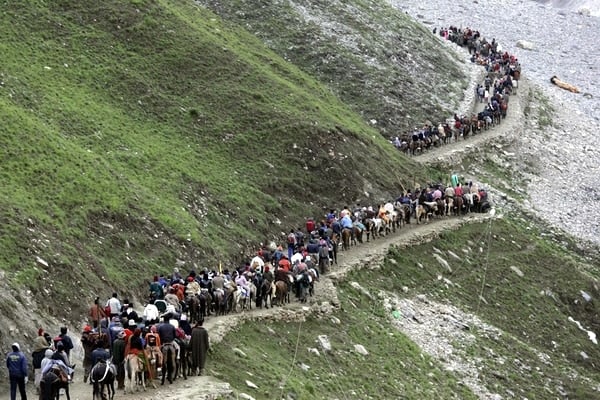The pilgrimages trips Have Been Realized since third century and Constitute a way to connection between the religion and beliefs a person has, across the journey in route to the temple in honor of them. Historically, these travels represent devotion and sacrifice to their respective creeds. We talk about long walking trips with some difficulties on the road which has become over the years, socially, the most popular sample of faith.
From ancient times to the present day, thought medieval period, the pilgrimages trips begin regularly with an extensive walking paths, roads usually between nature (with all that implies a level of difficulty), and conclude with religious ceremonies in the place where the shrine or temple has located.
Etymologically the word “pilgrimage” means traveler or foreigner. The symbolism to these explorers is represented with a personal growth and the experiences of a meditation moment, they are making a commitment to the religion that professes across an unknown path and keeps the idea of a promise or penance.
In our present, these trips still in force and Iberinbound organized various pilgrimages for groups or individual travelers; this incoming travel agency shows you the traditions and culture of Spain, Portugal and southern France, where you will find most important pilgrimage destinations. These tours operators in Spain and Portugal are responsible of the complete logistic, the people must only worry to enjoy their spiritual journey and finish his task.
The most popular routes to do pilgrimages are: Montserrat, Santiago de Compostela, Fatima (Portugal), León, Burgos and Saint Jean Pied de Port. The “Camino de Santiago” located in Galicia, Spain, has been traversed by dozens of personalities, from kings to dukes to bishops and scientists.

